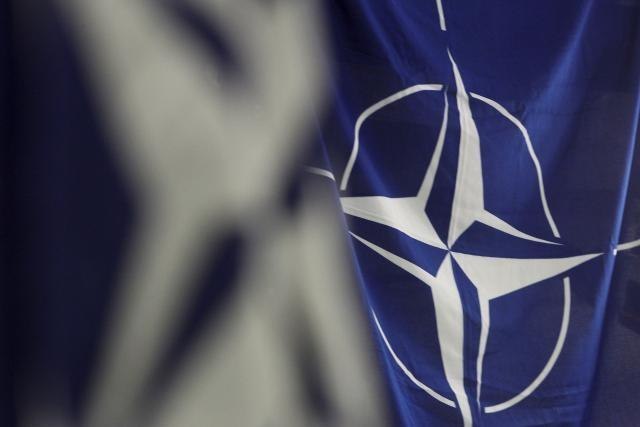The entry of Finland and Sweden into NATO is a mistake; Serbia should...
Professor of the Faculty of Political Sciences in Vienna Heinz Gärtner believes that the joining of Sweden and Finland to NATO was not a good idea.
Wednesday, 08.11.2023.
13:45

The entry of Finland and Sweden into NATO is a mistake; Serbia should...
According to Professor Gärtner, Finland is now changing its position as a neutral country and buffer zone to a NATO country.On the other hand, as he adds, Serbia and Moldova have a self-proclaimed neutrality based on decisions at the state level, and that neutrality can be changed more easily and quickly.
Gärtner is one of the authors of the nuclear agreement signed between the European Union, Great Britain, Russia, China, America and Iran, which he himself said is one of the best arms control agreements.
Gärtner is also the Chairman of the Advisory Board of the International Peace Institute, and during the past decades he was the head of the teams for the preparation of strategic documents of the Ministry of Defense of Austria. Today, when numerous wars are being fought in the world, and the threat of a nuclear war is growing, Gertner said in an interview with RTS that there are not many militarily neutral countries left in Europe.
"Now there aren't that many of them anymore, because Finland is now a member of NATO, and Sweden is just about to become one. This means that the leading European neutral country is now Austria, and there are also Ireland, Malta and Cyprus.
However, although this is the case, lower quantity does not mean lower quality. EU countries that have maintained neutrality now have additional obligations. Those obligations were previously distributed among countries that were, and are no longer, neutral, meaning that there is now a greater burden on to those who remained neutral", Gärtner says.
He said he did not mention Serbia because it is not a member of the EU, while talking about Sweden and Finland he said that their neutrality is based on historical experiences and traditions and that is why these countries could easily renounce it and become members of NATO.
"Serbia and, for example, Moldova, also have a self-proclaimed neutrality based on decisions at the state level, decisions of the assembly, and even to some extent on the constitution, and that neutrality can be changed more easily and quickly. It is better if the neutrality is stronger, because it cannot be changed just like that, but also because it will be more easily recognized in the international community", he stated.
According to him, Serbia can remain neutral, and he believes that such countries should not join military alliances, nor should they permanently station foreign troops on their territory and should not participate in wars outside their borders.
"Of course, they should defend themselves and their borders as allowed by the United Nations Charter. These principles should be kept", said this distinguished professor.
However, he also emphasizes that neutrality does not mean that one should always be neutral when it comes to values.
"Neutral countries have the right to raise their voice if genocide, ethnic cleansing, war, violation of human rights is happening somewhere, but at the same time they have to offer something. They must offer proposals, political solutions, mediation or a place to hold meetings. They must be useful", he points out.
Membership in the European Union and neutrality are not mutually exclusive, but NATO membership excludes neutrality, because all NATO member countries are bound by Article 5 of the Treaty on the NATO Pact and there are no exceptions for neutral countries.
"I think that the joining of Sweden and Finland to NATO was not a good idea, because now Finland is changing its position as a neutral country and a buffer zone - to a NATO country. I think the former Soviet Union and now Russia were quite happy with Finland and Sweden being buffer zones. These countries made that decision themselves, but I don't think that their security situation will improve due to joining NATO because Russia now considers them to be members of an enemy alliance," he said.
It is also reminded that Austria is not a member of NATO, and Gärtner explains that there are only two options - neutrality or membership in NATO.
"The media and some members of elite circles are not telling the truth. They say: 'European Union', but many of them actually think: 'NATO'. Austria is satisfied with its membership in the European Union. There is no reason why we should have to choose between the European Union and neutrality. "NATO is something completely different," Professor Gärtner pointed out.

























































Komentari 16
Pogledaj komentare